
|
Scooped by
AlGonzalezinfo
onto Social Media Resources & e-learning November 6, 2013 11:59 AM
|
Follow, research and publish the best content
Get Started for FREE
Sign up with Facebook Sign up with X
I don't have a Facebook or a X account
Already have an account: Login
Good info about the evolving social media sphere
Curated by
AlGonzalezinfo
 Your new post is loading... Your new post is loading...
 Your new post is loading... Your new post is loading...

Jay Romuald's comment,
October 11, 2014 6:07 AM
Wow if you don't realise that people share emotional content and need this graphic to realise it you're a real loser.

Helen Stark's curator insight,
October 13, 2014 5:13 AM
How much emotion you should implement into your content?

Jeff Domansky's curator insight,
June 14, 2014 2:56 AM
Trending. Back to the future when it comes to advertising. |
Kelly 's curator insight,
January 9, 2015 10:46 AM
Nothing hidden about these "tips & tricks" - just standard every day library functions. This is not new, most these functions have been used since Win95, the days before we see the net as we do now. Nonetheless, whatever it takes for people to finally catch up and educate themselves about easier searching techniques! 
Teresa Maceira's curator insight,
April 8, 2016 8:32 PM
Add Google hacks to a students research skill set

Jeff Domansky's curator insight,
June 16, 2014 1:48 AM
Ted Rubin offers a thoughtful look at social media ROI.
|







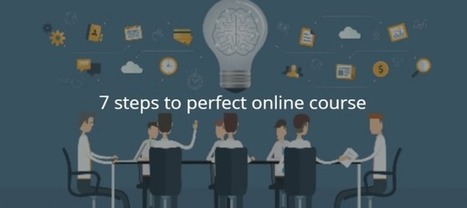



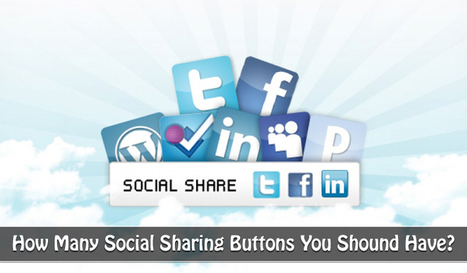
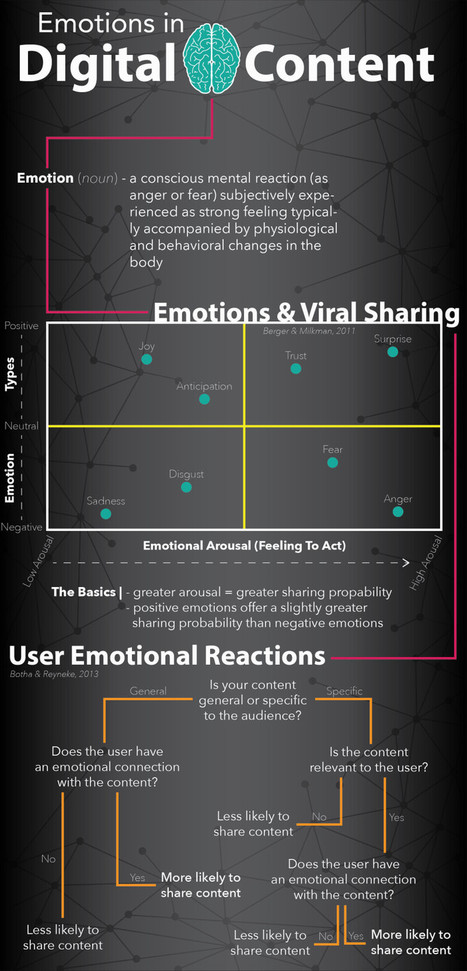

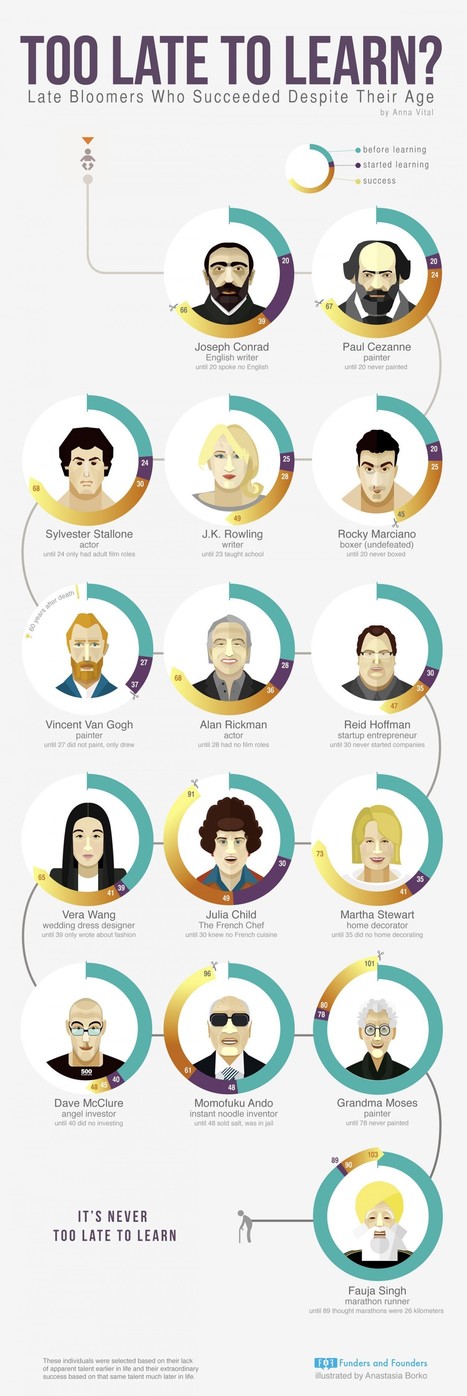
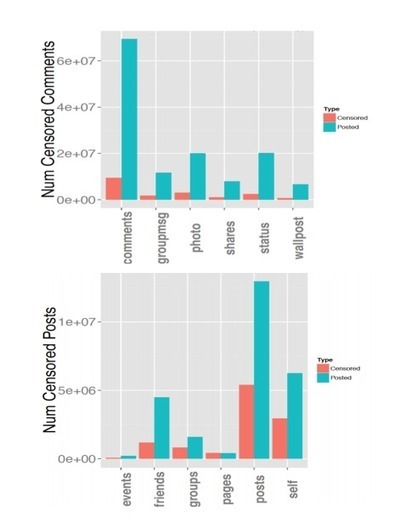
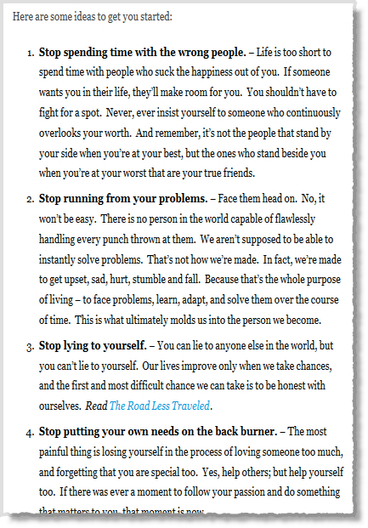
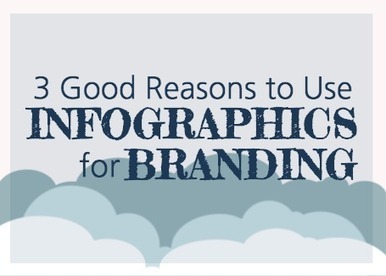

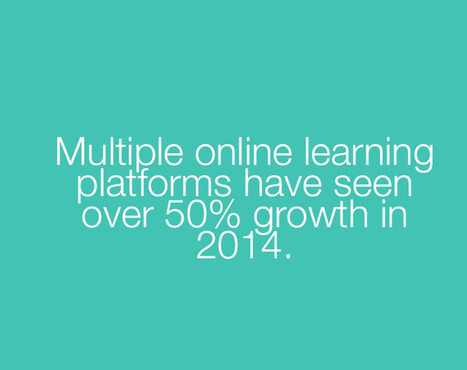



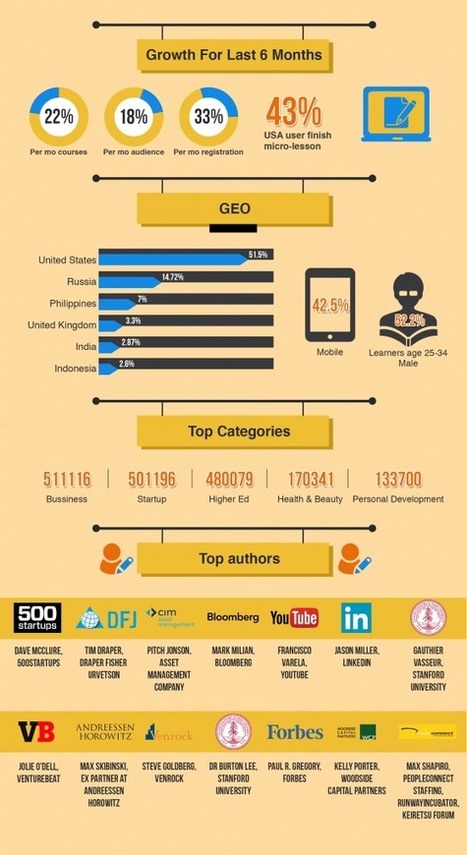



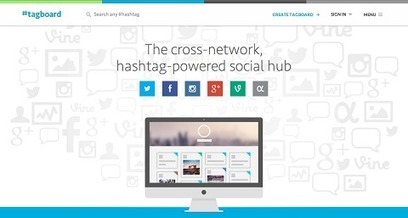
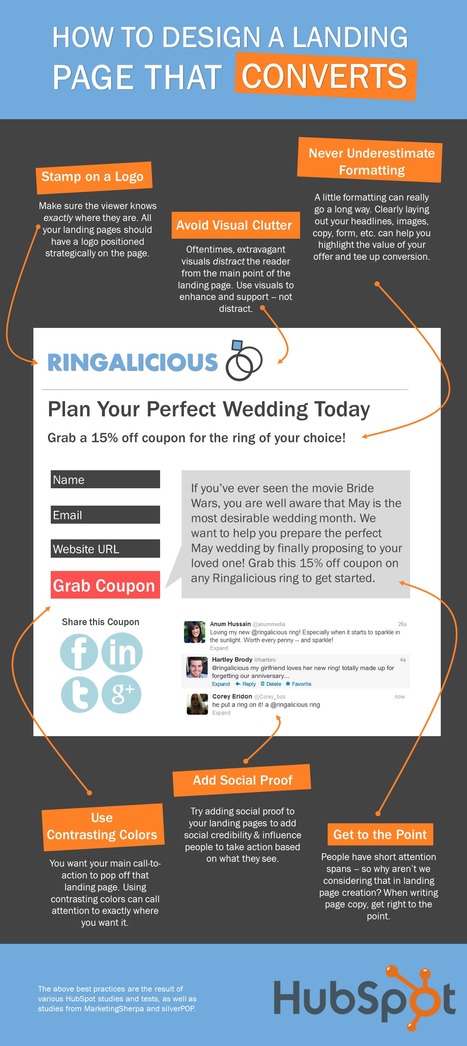

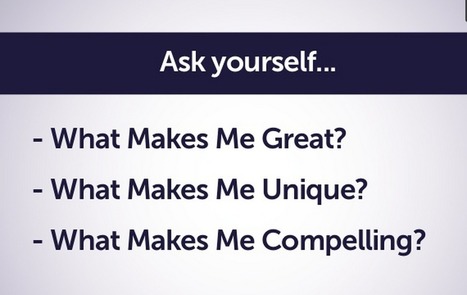
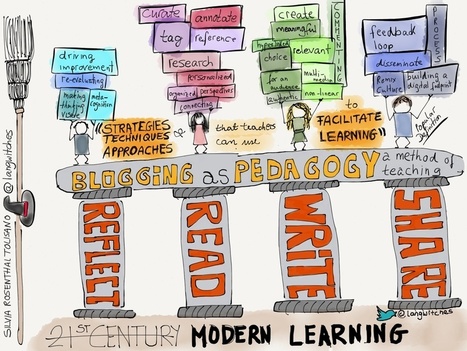
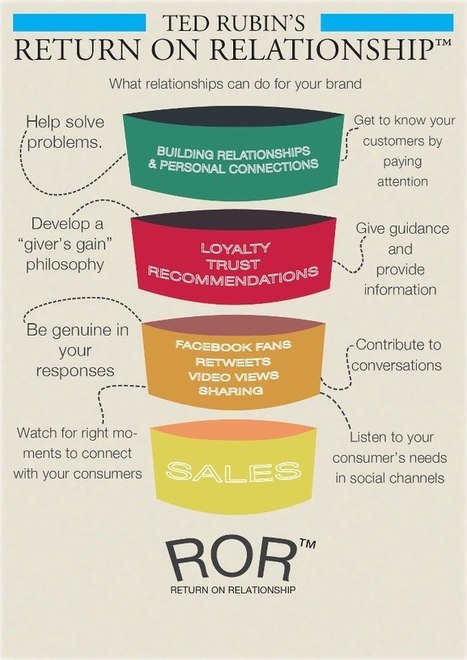
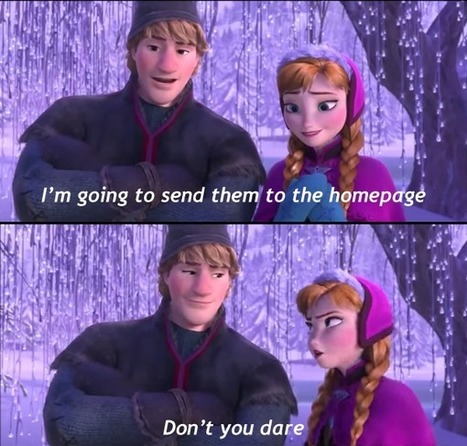





Relevant and intriguing post by Chad Abushanab.
Here is my favorite section:
We need to foster an environment of inclusivity. And while social networking gives the impression of being just that, we have to keep in mind whether we are including the right people—the people who will most benefit—in our conversations.
No matter how much personal progress you feel you’re making when discussing a student’s shortcoming online, the fact is you are deliberately excluding the student—forcing his educational needs into the corner while your particular pedagogical gripes are addressed and spotlighted.
Don’t get me wrong—as educators we have a commitment to personal-professional and intellectual growth. But in the case of the off-the-cuff Facebook rant, we are using nameless students as vehicles for our conversations, which are, for the most part, very public and prone to indiscretion.